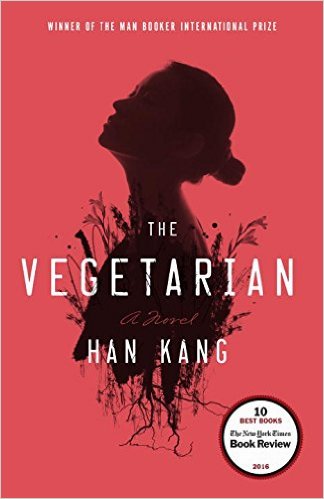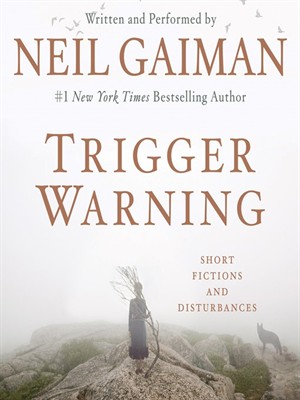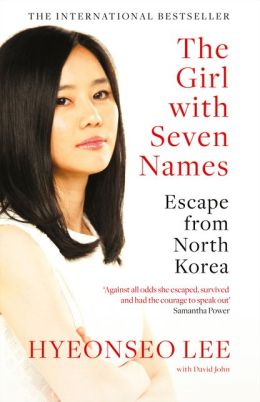 Title: The Vegetarian
Title: The Vegetarian
Author: Han Kang
Genre: Fiction
Country: S. Korea
Rating: 5/5
Yeong-hye begins having vivid nightmares and believes that the only way to abate them is to become a vegetarian. Her culture is very meat-based in meals and she is quickly judged by the public as it’s very unusual to become a vegetarian if not for strict health reasons. Yeong-hye does not seek to apologize for her choice nor does she try to explain any reasons why. Unfortunately, her decision into vegetarianism is not received well by her husband or her family. The men in her life (namely her husband and father) not only reprimand her for her decision but seek to physically punish her as well.
The perspectives Kang chooses are the characters surrounding Yeong-hye. The decision to not give Yeong-hye her own voice in a chapter (although she is given snippets of thoughts) is very important and reflective of the society Yeong-hye lives in. As a woman she is not given a voice and when she finds her voice and exercises her power of control over herself, it’s suddenly an affront to the patriarchal men in her life. Kang’s writing style is brutal and does not shy away from topics of abuse and sexual assault. It’s hard to read at first but necessary as readers navigate the mysterious “why” of Yeong-hye’s choices and our attempts to understand how her life unfolds.
What little of Yeong-hye’s voice and perspective readers get is beautiful as it is disturbing.
“Something is stuck in my solar plexus. I don’t know what it might be. It’s lodged there permanently these days. Even though I’ve stopped wearing a bra, I can feel this lump all the time. No matter how deeply I inhale, it doesn’t go away. Yells and howls, threaded together layer upon layer, are enmeshed to form that lump. Because of meat. I ate too much meat. The lives of the animals I ate have all lodged there. Blood and flesh, all those butchered bodies are scattered in every nook and cranny, and though the physical remnants were excreted, their lives still stick stubbornly to my insides.”
As Yeong-hye seeks to live her life without apology or explanation as is her right, we see her through the lens of her brother-in-law who sexually fantasizes about her. Kang shows how patriarchal cultures automatically sexualize a woman’s body even when the body is not inherently sexual. For instance, Yeong-hye’s decision to not wear a bra is sexualized by her husband constantly and as Kang infers, society. This constant barrage of sexually describing a woman becomes uncomfortable in the first chapter, but readers are forced to see how a personal choice becomes demonized. Socialization can greatly oppress people and in this book it’s apparent with women in particular.
One of the most interesting things with Yeong-hye’s turn to vegetarianism is perhaps her constant parallel to ecofeminism. She’s eaten many lives to sustain her without a second thought. She’s eaten animals who had no choice but to die. In the same vein, Yeong-hye has been socialized to follow the rules: to eat meat without question, to wear a bra, to deny herself. In a sense, society is eating her without her expressed permission. The way that a society treats nature and animals around it can also express itself in the treatment of women. Since the rise of patriarchal tradition, culture, and religion, and the decline of the divine feminine which usually coincides with “mother nature” readers see how women are raised in their own slaughterhouses so to speak. Yeong-hye is abused repeatedly without a second thought or a feeling of remorse from the men around her and the women do not take action and stand up for her directly. The cycle is continuous. Perhaps then the only choice a woman has is when and how she is to die.
Ultimately Kang writes in a way that you will be thinking about The Vegetarian for a long time.


 Title: The Girl with Seven Names
Title: The Girl with Seven Names